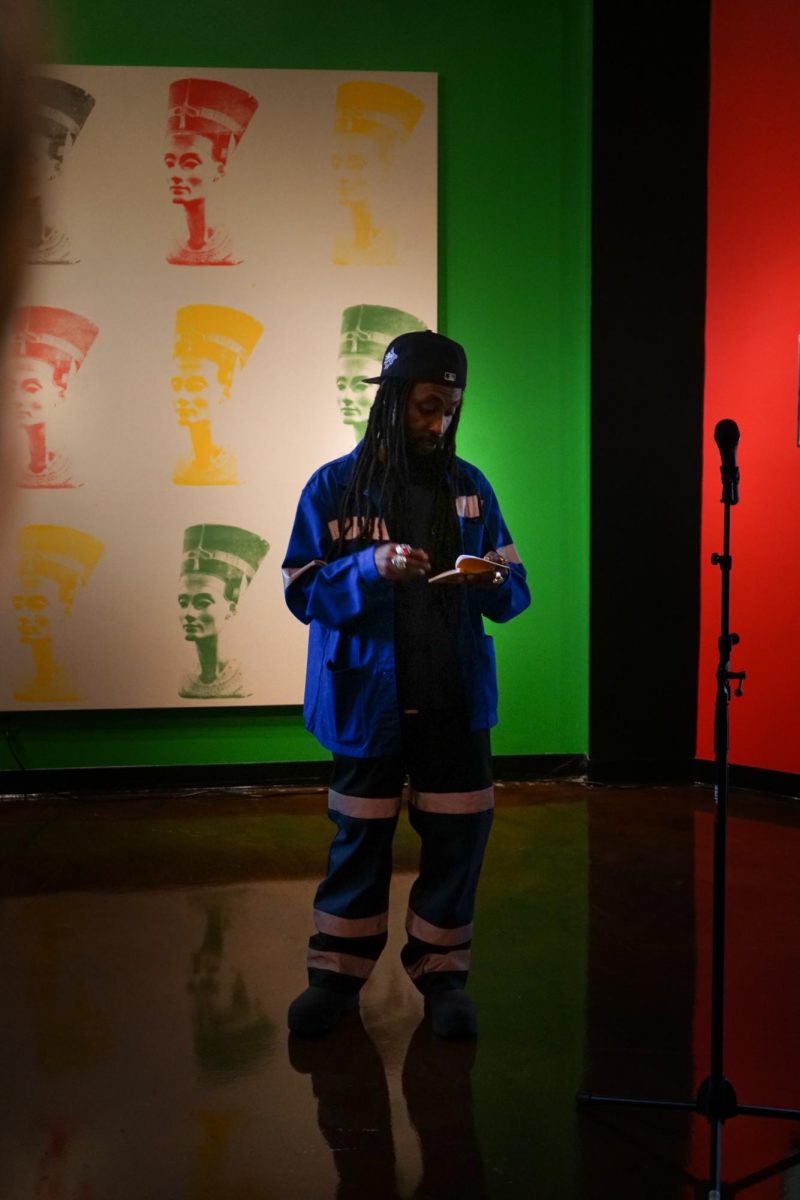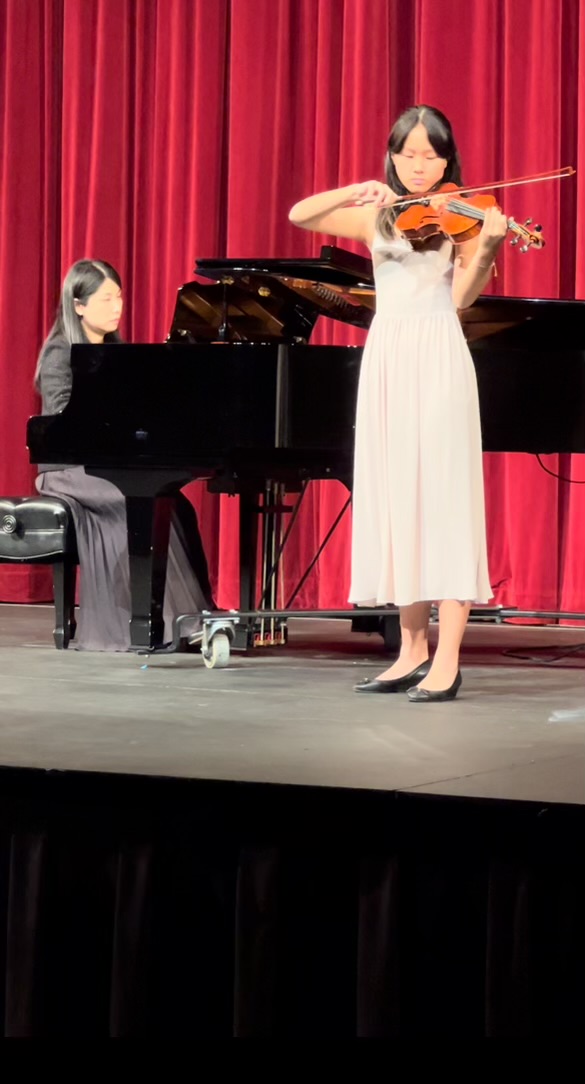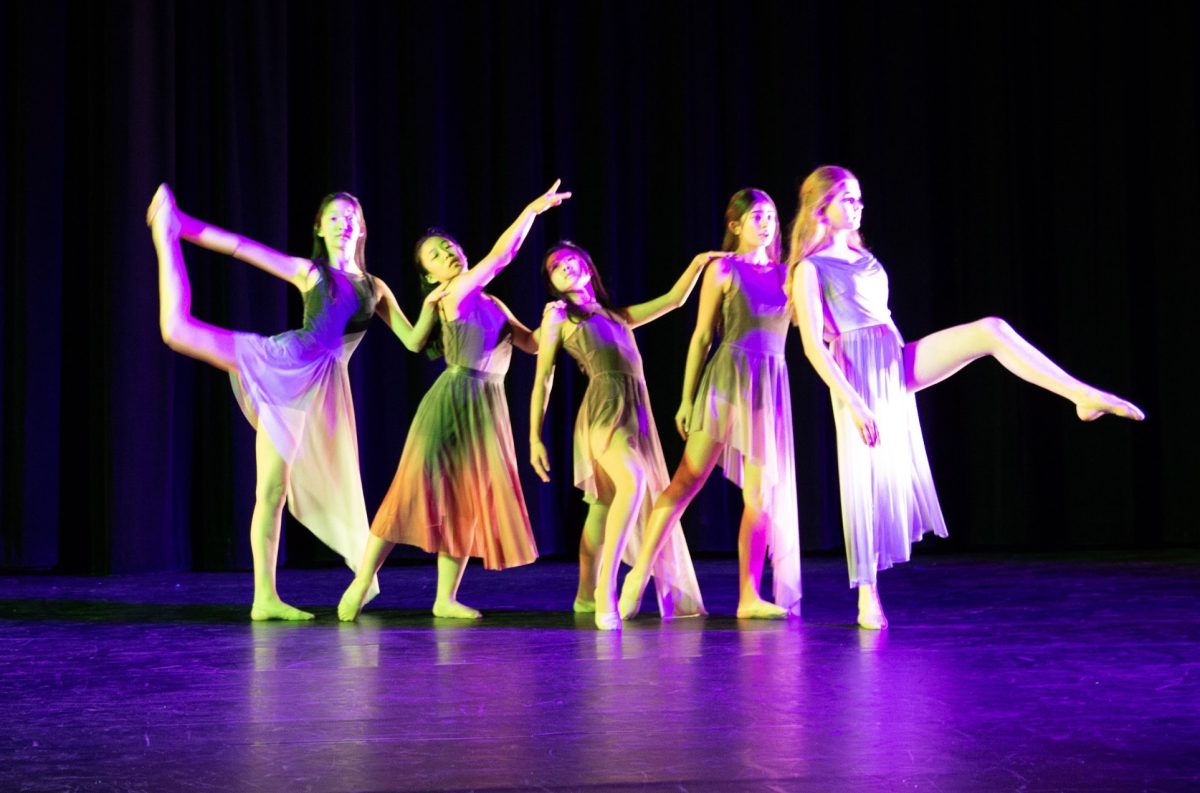Filled with the immenseness of the universe yet telling the story of ordinary people, “The Wandering Earth” (流浪地球) is a tale of humanity prevailing even when extinction looms.
Directed by Frant Gwo and based on a short story by Cixin Liu, a popular Chinese science-fiction author who also wrote “The Three Body Problem,” the movie is set in a bleak future. The sun is about to die, so the governments of the world unite and build rockets on Earth to leave the solar system and find another home.
Liu Peiqiang is sent to a space station to help with the mission, dubbed the Wandering Earth project, while his child remains on Earth. A day before he is supposed to return, Earth becomes in danger of colliding with Jupiter. Both on the space station and on Earth, humanity must go on a desperate scramble to save their planet.
Living in a world filled with divisions, from Chinese Muslims in Xinjiang forced into re-education camps to government shutdowns in the US, it feels unbelievable that humanity could come together. And yet “The Wandering Earth” says that even when our world comes tumbling down, humanity can pick up the pieces.
The film puts its characters in a desperate situation. Unlike many action movies, where there is still a hope even if the villain wins, this is a matter of extinction. It is interesting to see how different characters react in such trying times.
Furthermore, the plot makes people feel insignificant yet powerful. Though the characters have a semblance of control over humanity’s fate, they are still tiny specks compared to the universe. The feeling of vastness is compounded by the special effects and cinematography.
One of the film’s most powerful moments was when two characters were falling. As they spun towards the ground, the camera zoomed out and the two reached for each other. While the zoom-out shows how small they are, the viewer still has hope that they can reach each other.
Skyscrapers are trapped in walls of ice. Jupiter comes closer and closer until it takes up the entire sky. In an underground city lined with metal, people live out their lives in packed bars and schools.
Despite the deadly situation, “The Wandering Earth” still gives its audience time to laugh. The cast portray their characters well: in sad times, we grieve with them, while in comedic moments, we laugh with them. However, many don’t get enough screen time, so the viewer only knows most by a single personality trait. As such, many deaths are cheapened, though others are still heart-wrenching. Furthermore, the characters wear full-body suits outside, making it harder to see their expressions.
Though there have already been Americans blockbusters set in space like “Gravity” and “Interstellar,” “The Wandering Earth” weaves Chinese culture and collectivist values into the story, like when performers made a dragon dance through the metal-lined underground city.
Created by Roc Chen and Liu Tao, the soundtrack adds to the film. It evokes danger, wonder, and sorrow, but is too loud at times, an unfortunate trait shared by many movies.
“The Wandering Earth” is a must-see, though not ideal for small children. It was released in the U.S. Feb. 8, shortly after Lunar New Year.





